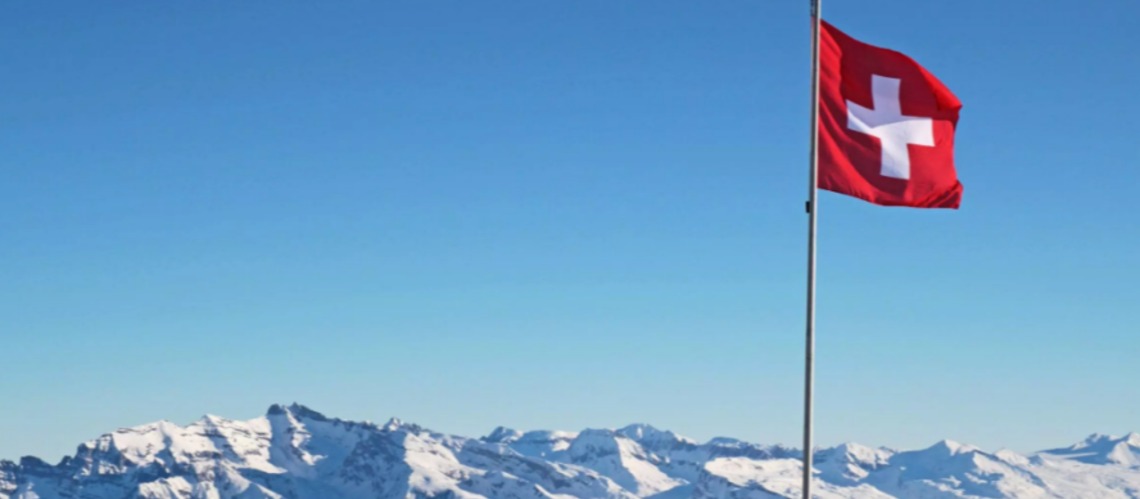Switzerland - Ticket Sales Rise In September

In September, more and more visitors from Switzerland and abroad were out and about in the mountains. Summer weekends were ideal for day trips to the mountains. However, even September cannot save the «cable car summer»; the first entries and the sales are still around 30 percent in the red compared to the pre-Corona summer 2019.
Mild September continues August trend
The summer of 2021 was cold and rainy until the end of July and so the summer business of the cable car companies did not get going for a long time. The weather in August and September was noticeably better. The recovery among cable car companies that began in August continued into September. Nevertheless, the decline in first-time entries and sales across Switzerland compared to the pre-Corona year 2019 is still around 30% each.
End of school holidays
The summer holidays are over in all regions of Switzerland and the autumn holidays have not yet started in almost all regions. This means that families on the demand side of the mountain railways do away with weekly or multi-day stays, but more and more retirees and active athletes are moving to the mountains again.
The situation in Central Switzerland and the Bernese Oberland is still unpleasant. As at the beginning of the summer season, the sales figures remain clearly in negative territory. This is due to the absence of international guests. The situation is different in Graubünden and Ticino. A positive trend can be observed there.
The corona pandemic still has the summer season 2021 under control. Despite the easing of travel and the relaxation of protective measures for mountain railways (no masks outdoors, no capacity restrictions), the numbers remain well below the desirable visitor values.
Mountain railways as "Public Service"
As before, the mountain railways are not profitable in view of the crisis and the mountain railways fulfill the function of the tourist "public service". Without the operation of the mountain railways, the mountain regions would face a major economic fiasco this year. This systemically important industry therefore needs public support.














